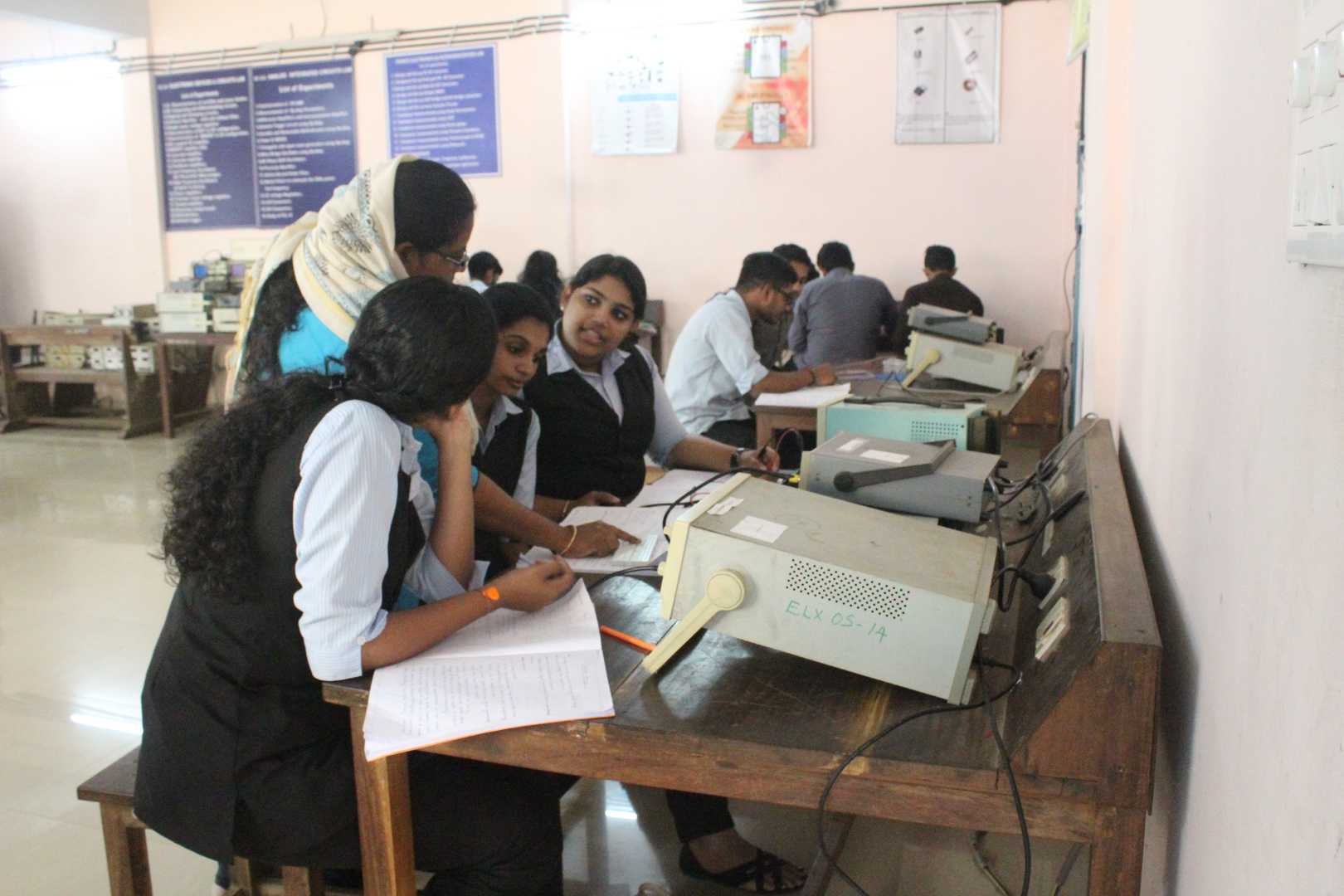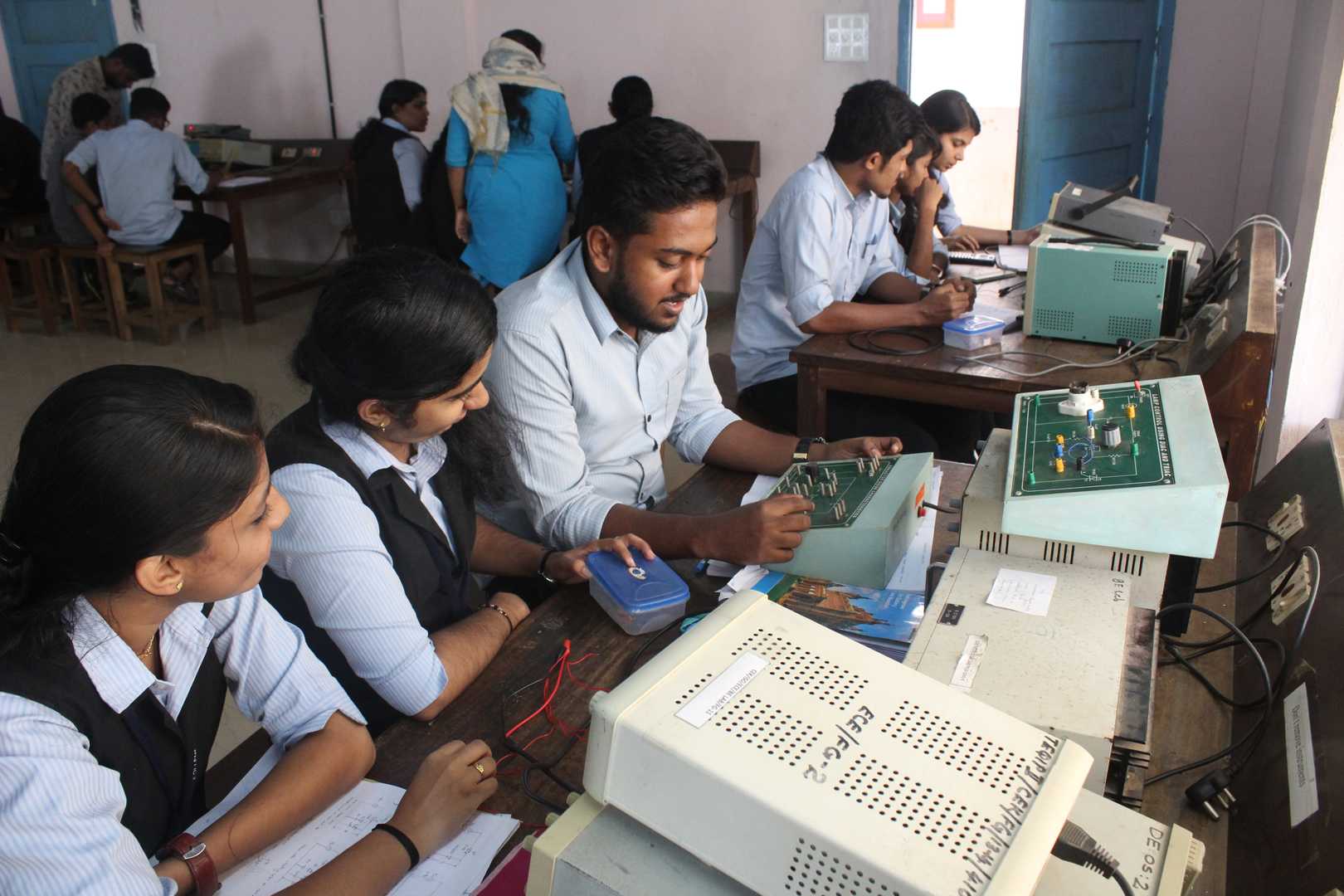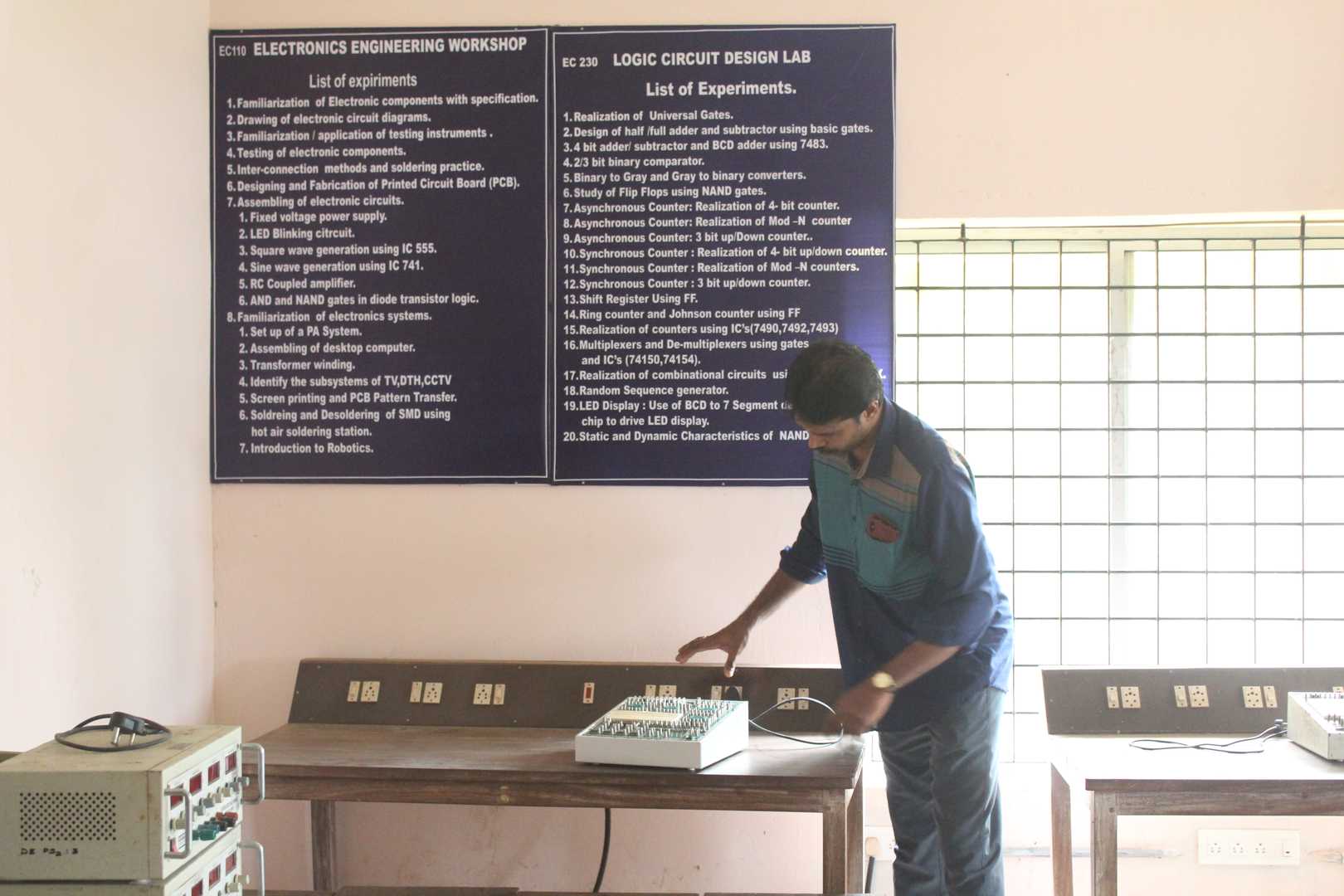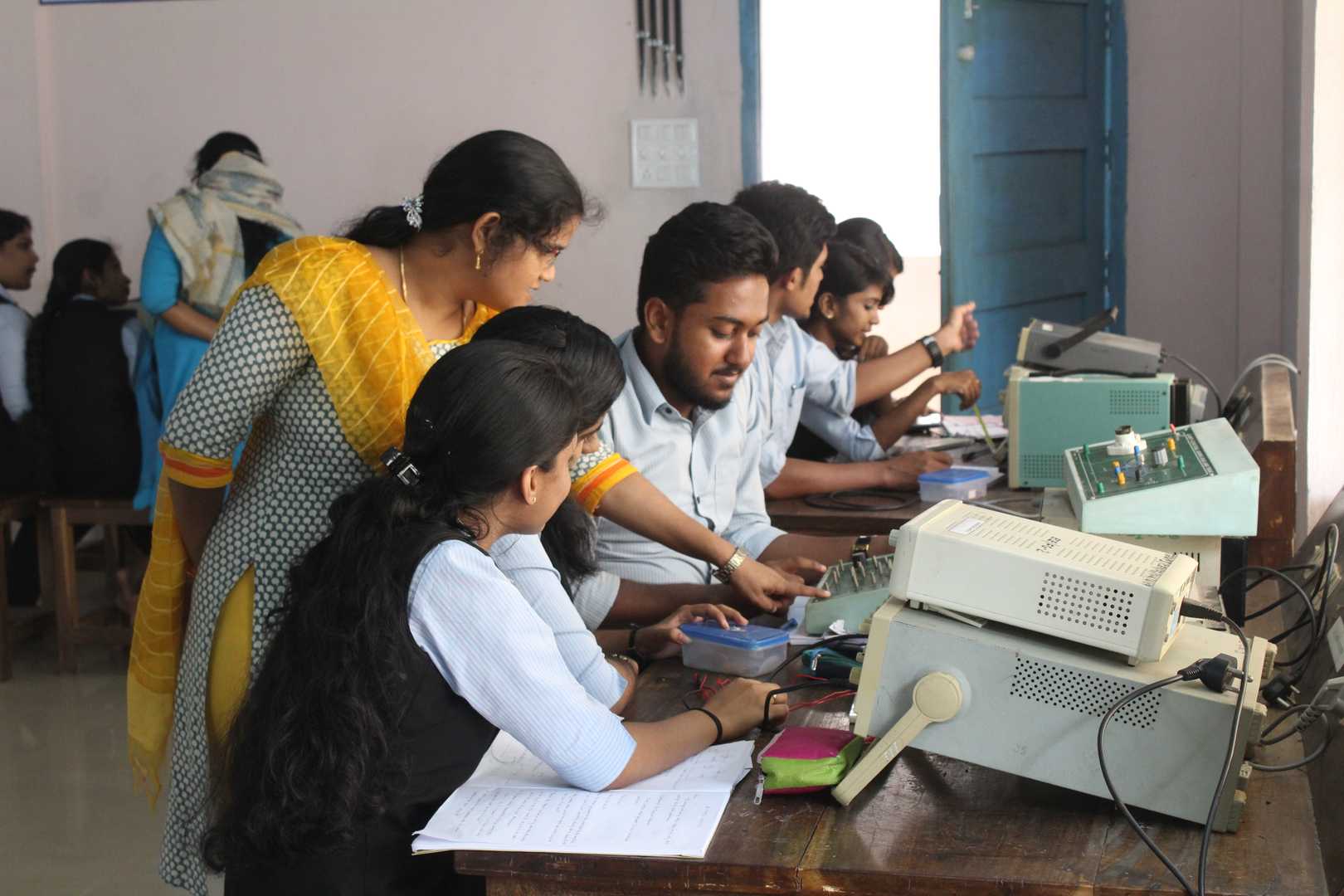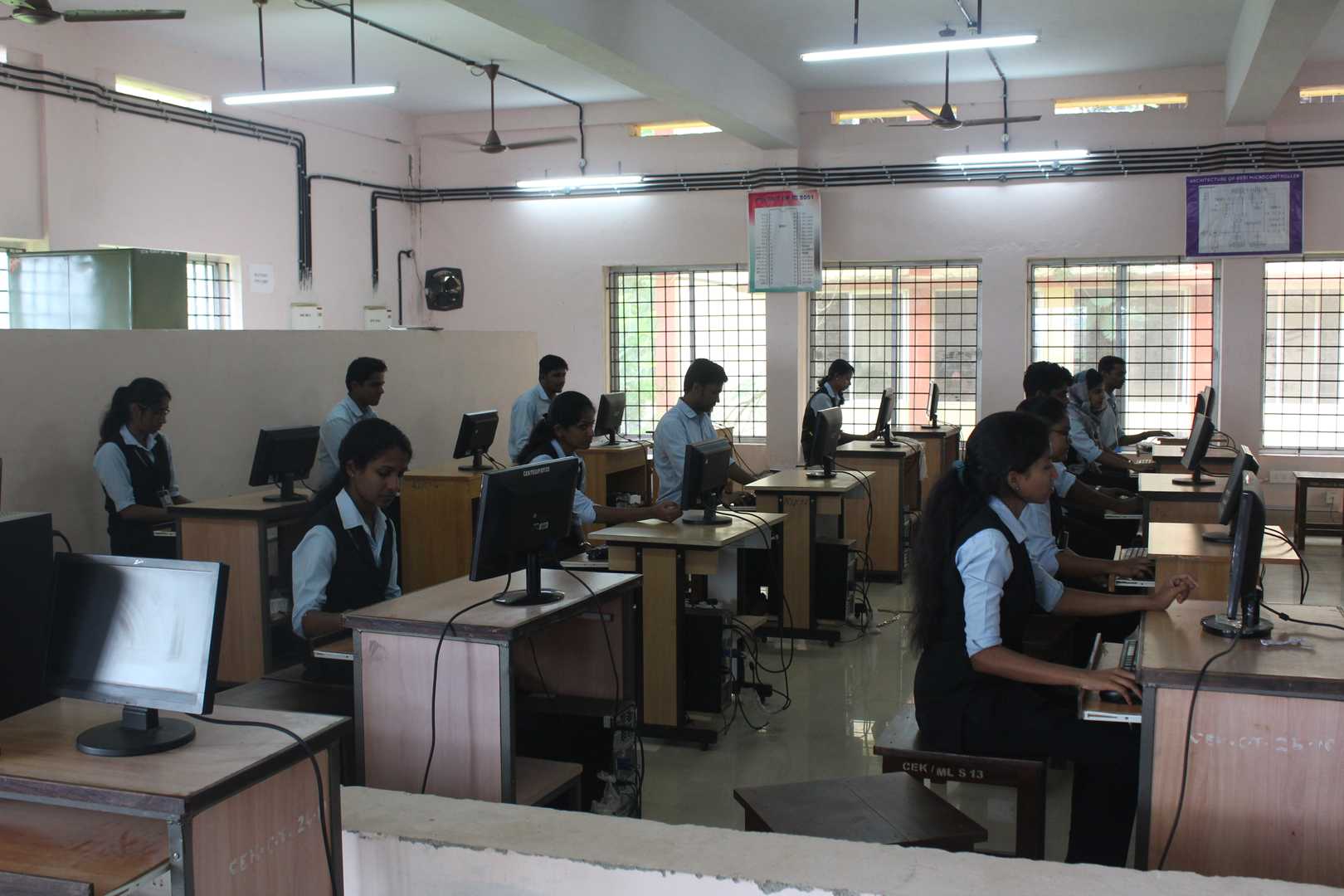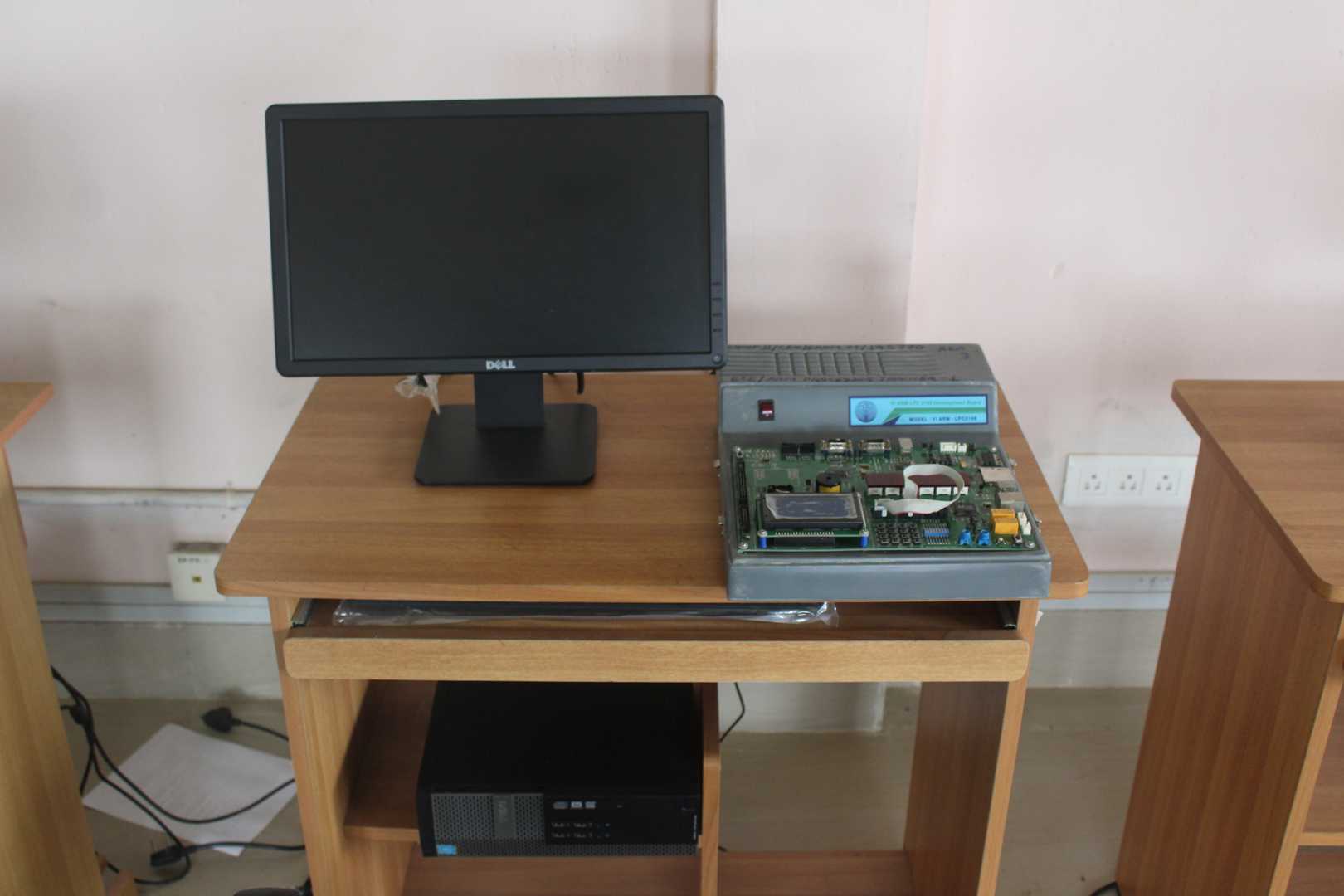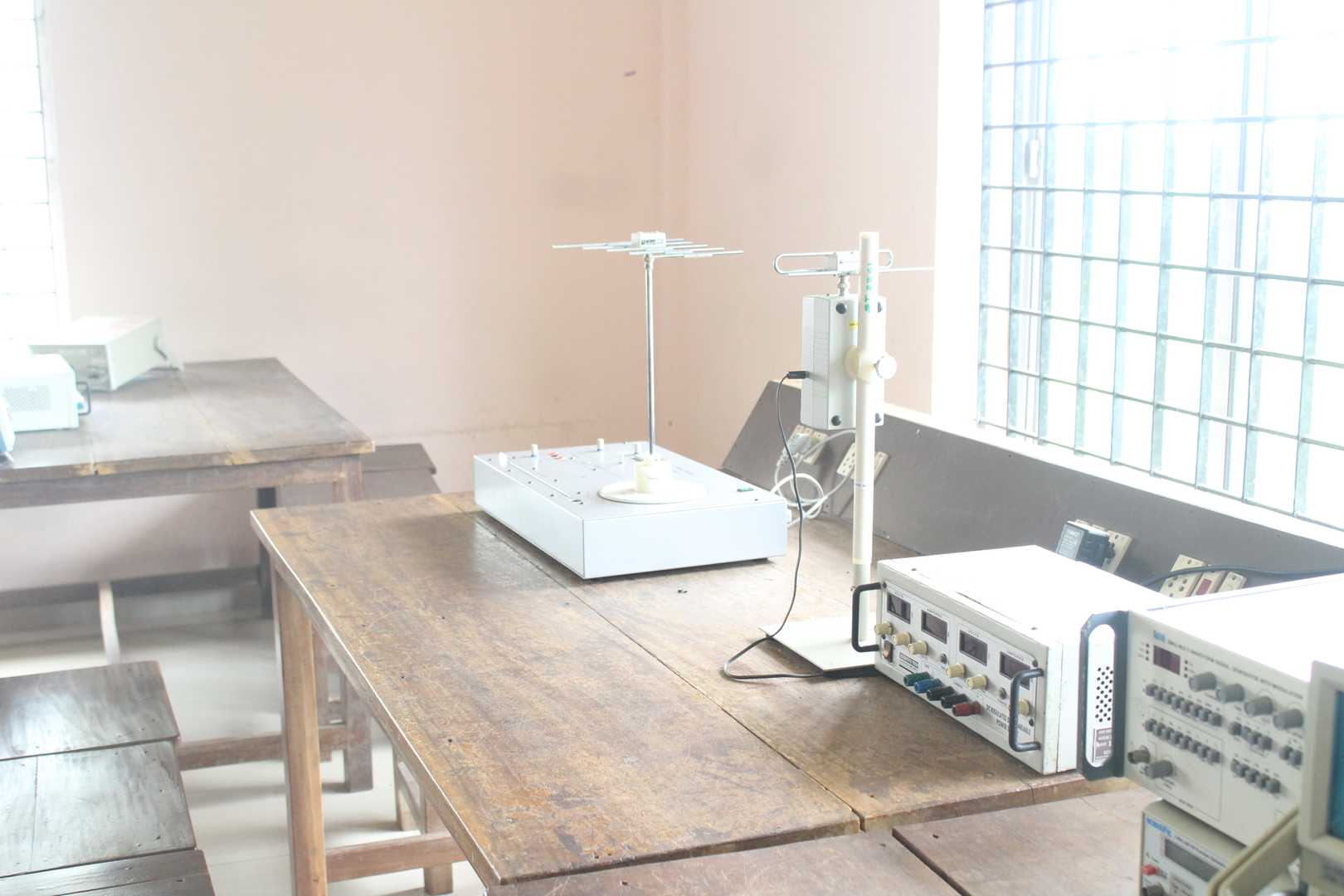Electronics and Communication Engineering
The Department was established in 2000, and now has become a full-fledged department with advanced laboratory facilities to train the students to meet the current needs of the fast changing industrial scenario.
Department Offers:
- 1. B.Tech in Electronics & Communication Engineering – 120 Seats
- 2. M.Tech in Wireless Technology –18 Seats
Vision
To be recognized as a centre of learning and research in the field of Electronics and Communication Engineering that produce high calibre engineers for the benefit of society.
Mission
To achieve academic excellence in students of all ability levels through periodically updated curriculum, collaborative ventures with industries and effective teaching learning process with an ambience of wholesome Knowledge, Humanity, Creativity & Innovation.
- Graduates possess essential professional skills in electronics and communication engineering fields for making reliable high end solutions for real life problems.
- Graduates will engage and succeed in their careers through team work, ethical behavior and effective communication.
- Graduates will engage in lifelong learning along with professional development and practical training.
- Engineering knowledge: Apply the knowledge of mathematics, science, engineering fundamentals, and an engineering specialization to the solution of complex engineering problems.
- Problem analysis: Identify, formulate, review research literature, and analyse complex engineering problems reaching substantiated conclusions using first principles of mathematics, natural sciences, and engineering sciences.
- Design/development of solutions: Design solutions for complex engineering problems and design system components or processes that meet the specified needs with appropriate consideration for the public health and safety, and the cultural, societal, and environmental considerations.
- Conduct investigations of complex problems: Use research-based knowledge and research methods including design of experiments, analysis and interpretation of data, and synthesis of the information to provide valid conclusions.
- Modern tool usage: Create, select, and apply appropriate techniques, resources, and modern engineering and IT tools including prediction and modeling to complex engineering activities with an understanding of the limitations.
- The engineer and society: Apply reasoning informed by the contextual knowledge to assess societal, health, safety, legal and cultural issues and the consequent responsibilities relevant to the professional engineering practice
- Environment and sustainability: Understand the impact of the professional engineering solutions in societal and environmental contexts, and demonstrate the knowledge of, and need for sustainable development.
- Ethics: Apply ethical principles and commit to professional ethics and responsibilities and norms of the engineering practice
- Individual and team work: Function effectively as an individual, and as a member or leader in diverse teams, and in multidisciplinary settings.
- Communication: Communicate effectively on complex engineering activities with the engineering community and with society at large, such as, being able to comprehend and write effective reports and design documentation, make effective presentations, and give and receive clear instructions.
- Project management and finance: Demonstrate knowledge and understanding of the engineering and management principles and apply these to one’s own work, as a member and leader in a team, to manage projects and in multidisciplinary environments.
- Life-long learning: Recognize the need for, and have the preparation and ability to engage in independent and life-long learning in the broadest context of technological change.
- PSO1- Apply the fundamental knowledge of communication, signal processing and semiconductor technology in the analysis and design of various electronic systems.
- PSO2- Comprehend the technological advancements in the usage of modern tools to analyze and design electronic engineering systems.
- PSO3- Develop the skills required to apply the gathered knowledge in related fields to adapt to the dynamic trends in the field of Engineering and Technology.
.png)




